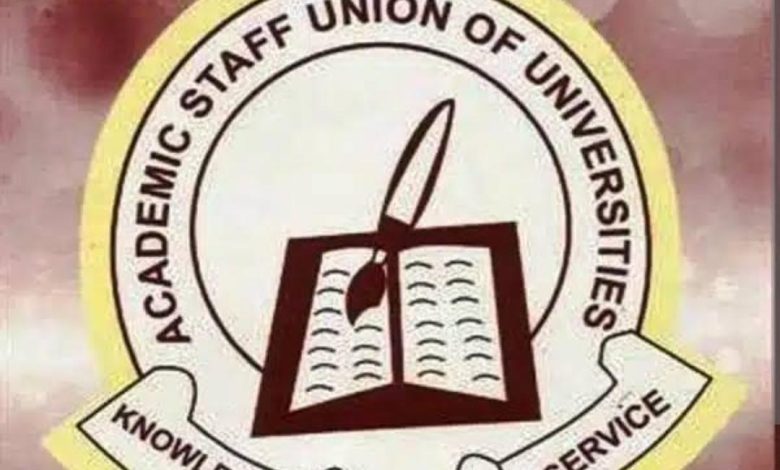
The Academic Staff Union of Universities (ASUU) has expressed strong reservations about the recently introduced student loan scheme in Nigeria, stating that its design and execution could marginalize more than half of the country’s student population.
In a statement issued by Raphael Amokaha, the Zonal Coordinator of ASUU-Nsukka Zone, during a press briefing in Makurdi, the union criticized the provisions in the Nigeria Tax Bill 2024, which propose phasing out the Tertiary Education Trust Fund (TETFund).
“ASUU is deeply concerned by the content of the bill, especially the section that redirects funds away from TETFund, which has been a lifeline for public universities,” Amokaha said.
The bill proposes that by 2030, funds from the Education Tax, a primary source for TETFund, will be allocated entirely to NELFUND, an agency focused on student loans. According to Amokaha, this redirection will leave TETFund, which currently supports 244 public tertiary institutions, without funding, thereby endangering its ability to sustain critical projects.
“TETFund has provided over 80% of the infrastructure in public universities. From lecture halls to laboratories, the evidence of its contributions is visible on campuses nationwide. Redirecting these funds to NELFUND, an untested initiative, is not only short-sighted but a threat to the education sector,” he added.
Amokaha urged the National Assembly to reject the bill, stressing the need to protect TETFund. “This agency has significantly transformed public universities, yet its potential is far from fully realized. Abandoning it for a loan scheme that will benefit only a fraction of students is not a sustainable solution,” he noted.
The union also highlighted the broader consequences of dismantling TETFund. “The death of TETFund would mean the collapse of critical infrastructure, leaving students and institutions stranded. While student loans may assist a few, TETFund’s projects benefit all,” Amokaha argued.
ASUU has vowed to resist any attempts to undermine TETFund, calling on government officials to prioritize accessible and affordable education for all Nigerians.

Post a Comment